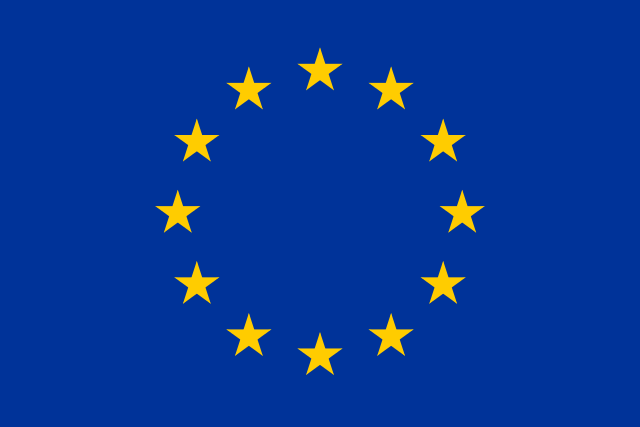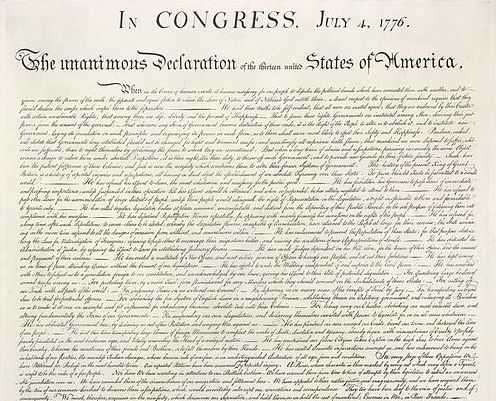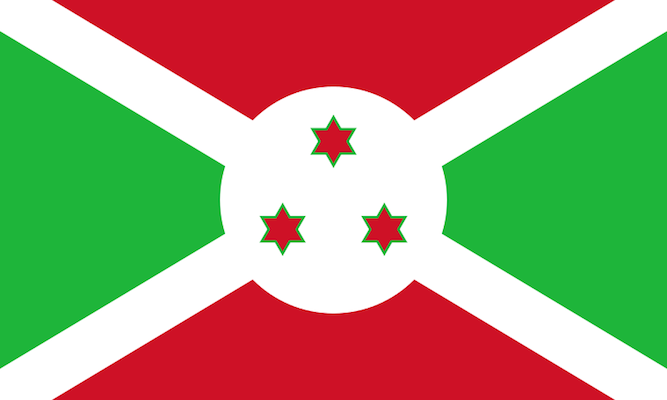The Greek crisis matters for us in the United States too, not just Europeans.
For all the high-minded rhetoric of the European integration project as an effort to bridge together the peoples of Europe in liberal democratic union, the events of the past week have conclusively ripped off the mask and revealed the underlying reality that it has been little more than a neoliberal economic project the whole time. And a poorly designed one at that. But we now can all see that the preservation of investment banking interests will be placed above all other values and principles whenever they come into conflict. This isn’t just rule by corporations — it’s rule by lenders.
The Greek “crisis” — manufactured by the European Central Bank, the IMF, and the German government — is a financial public execution of an entire developed country to make an example of them for all others.
In my more than 30 years writing about politics and economics, I have never before witnessed such an episode of sustained, self-righteous, ruinous and dissembling incompetence — and I’m not talking about Alexis Tsipras and Syriza. As the damage mounts, the effort to rewrite the history of the European Union’s abject failure over Greece is already underway. Pending a fuller postmortem, a little clarity on the immediate issues is in order.
[…]
There’s no reason, in law or logic, why a Greek default necessitates an exit from the euro. The European Central Bank pulls this trigger by choosing — choosing, please note — to withhold its services as lender of last resort to the Greek banking system. That is what it did this week. That is what shut the banks and, in short order, will force the Greek authorities to start issuing a parallel currency in the form of IOUs.
If investors made stupid loans to Greece, these lenders – not the Greek people – should suffer for it. A startling lack of due diligence strikes again.
And just as with the subprime mortgage crisis, the lenders are considered “too big to fail” (but not too big to regulate before the bubble bursts). Instead of bailing out the ordinary people who truly got screwed over by the irresponsible lending and the ensuing crash, the banks are the ones who get bailed out. In this case, Greece keeps receiving “bailouts” that are actually earmarked exclusively for repaying debt obligations to lenders (some of which are by now merely the quasi-governmental institutions holding debt they purchased from irresponsible banks in earlier bank bailout rounds).
We’ve seen this kind of thing happen countless times throughout world history. Lenders pretend to assume risk and then wield tremendous political influence to ensure that they never actually face serious consequences when that risk blows up in their faces. That way, investment recipients (including citizens) always lose, while the investor class is guaranteed a payday, before anyone else finds relief.






